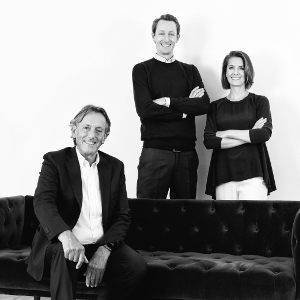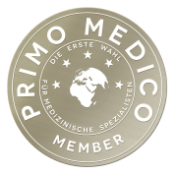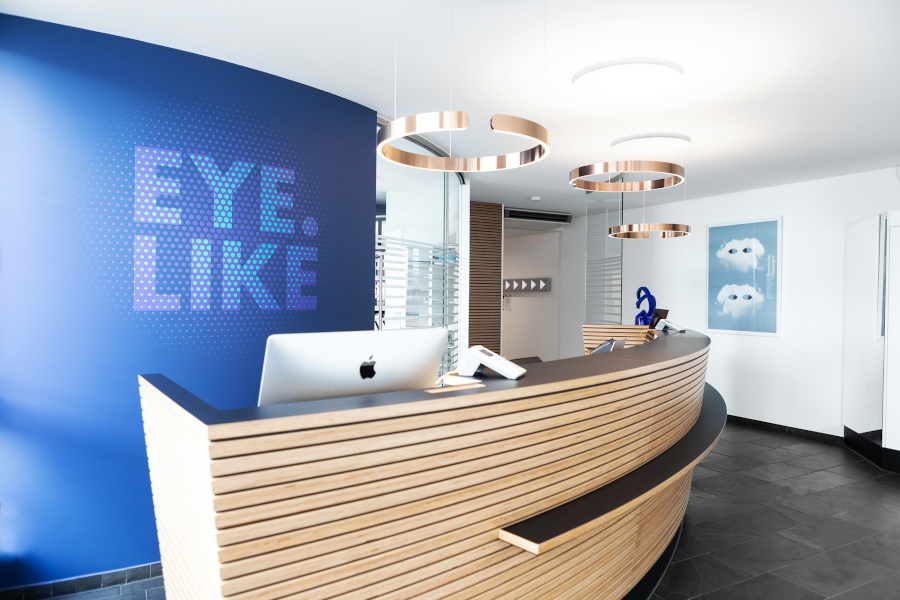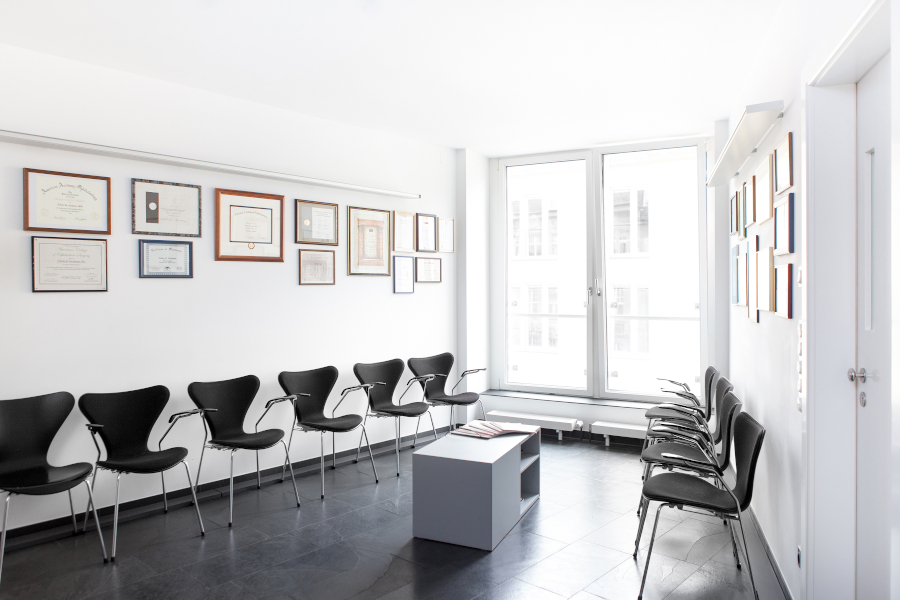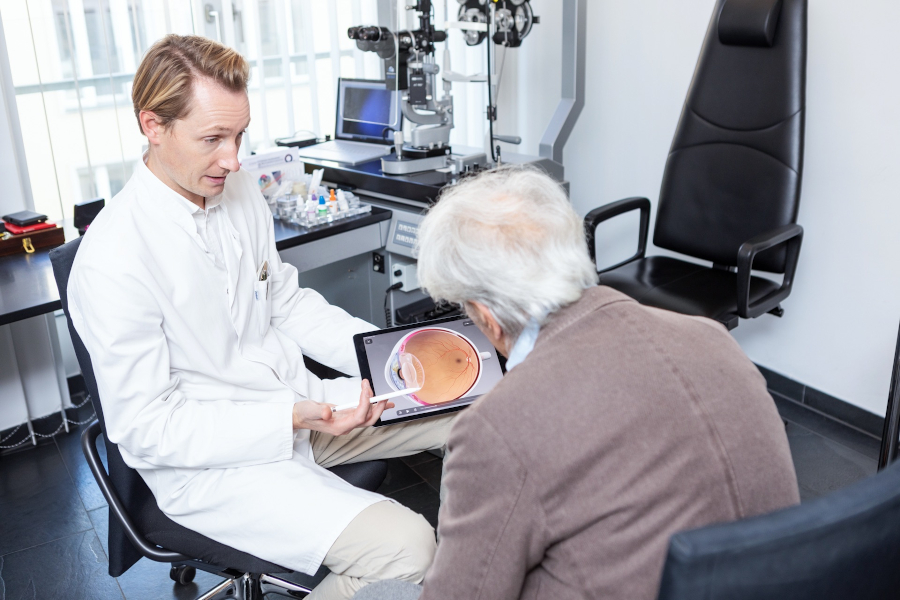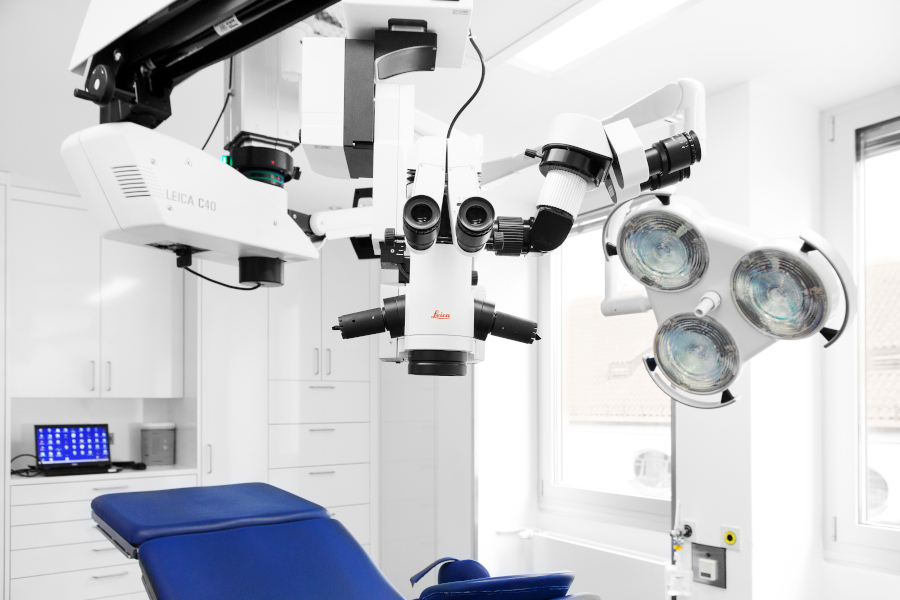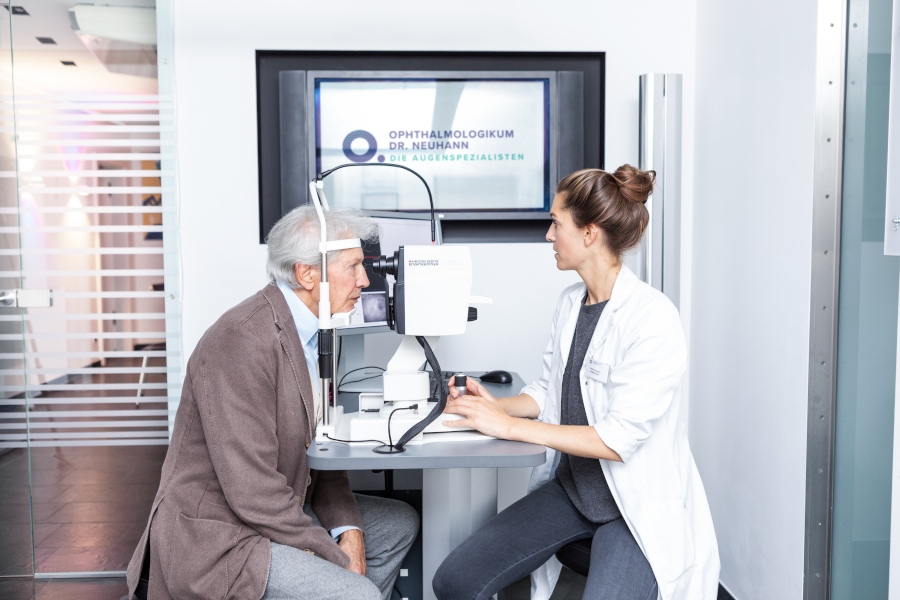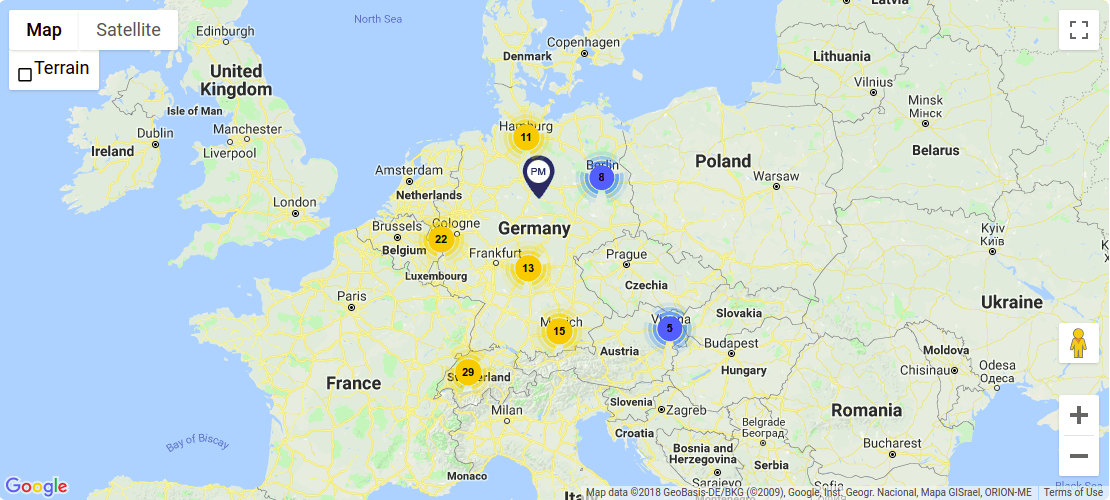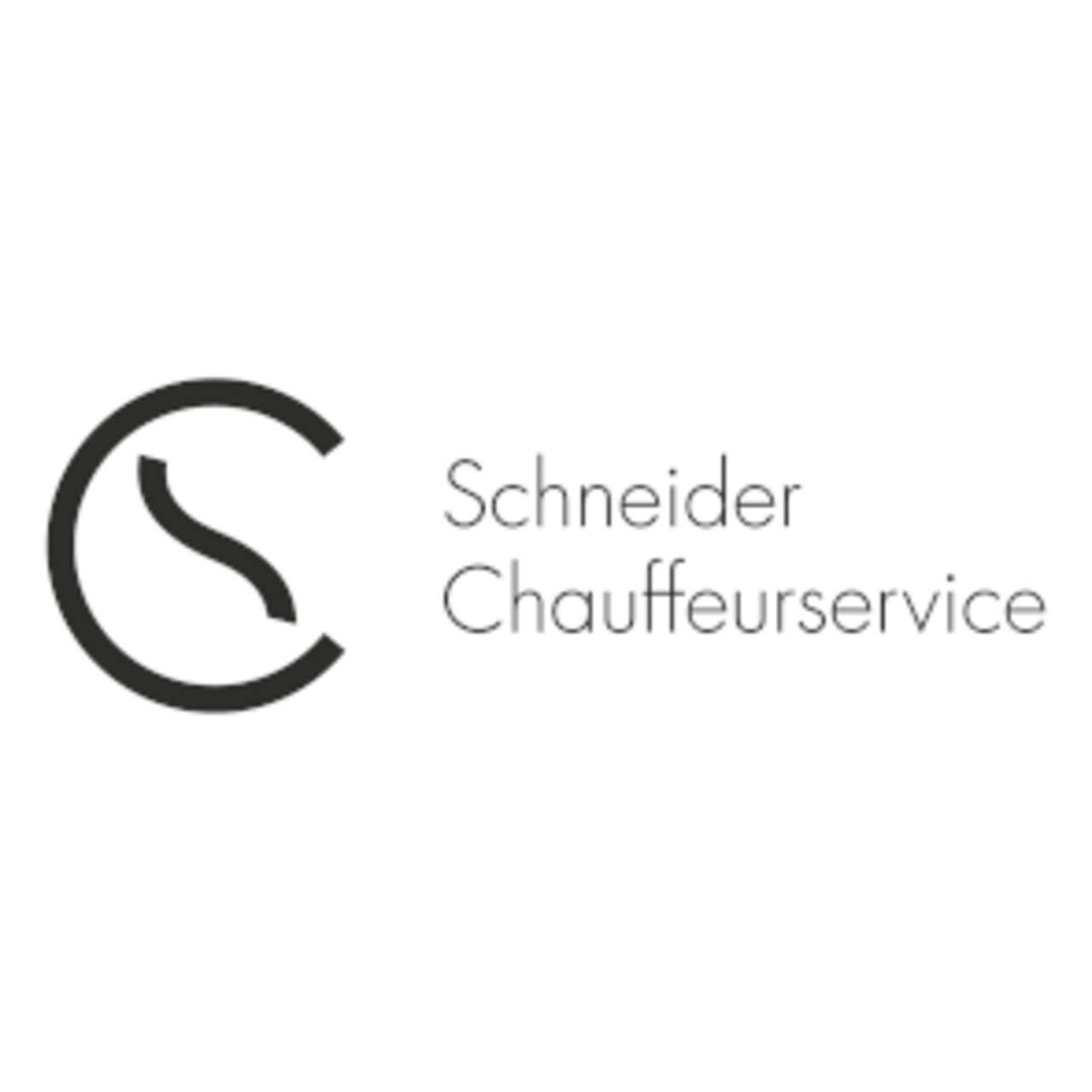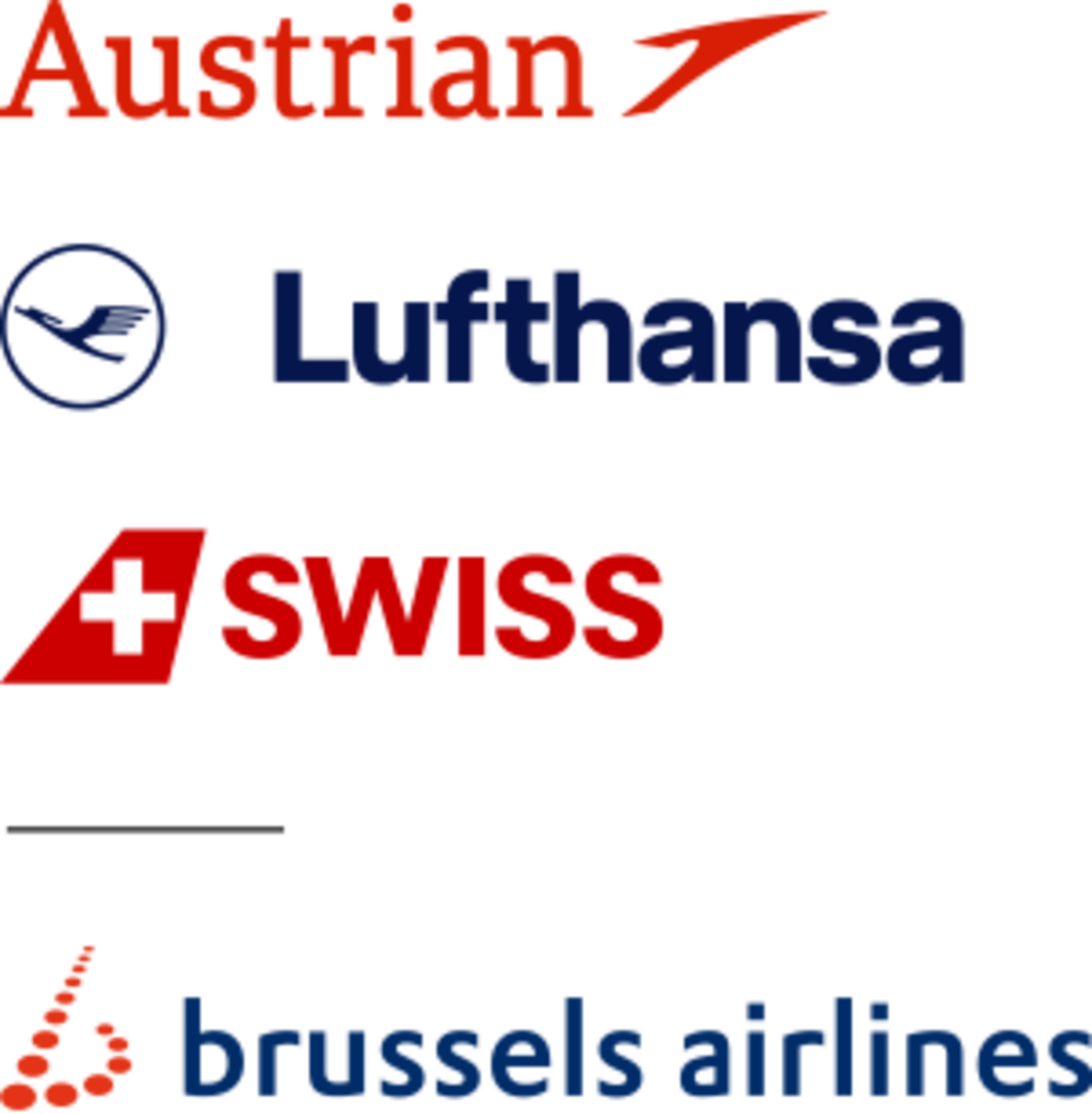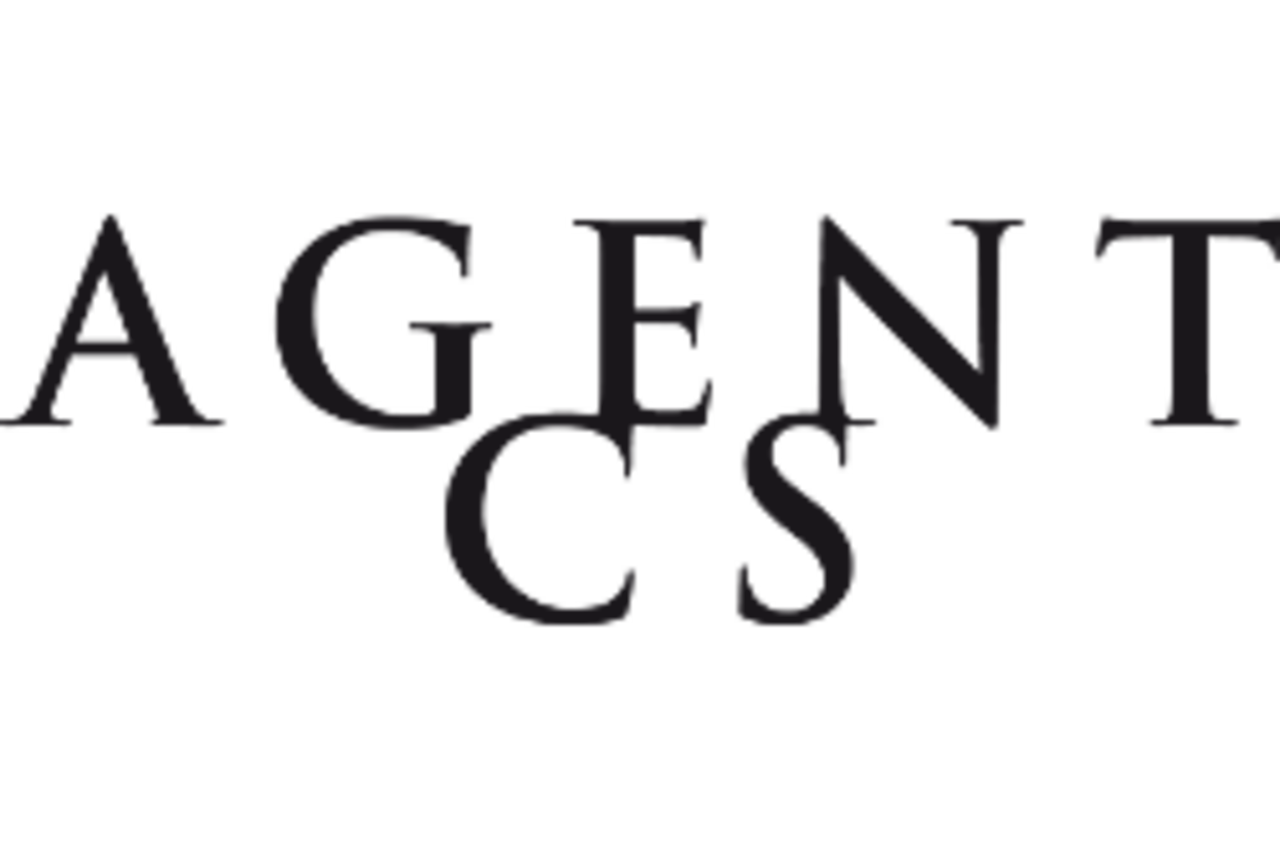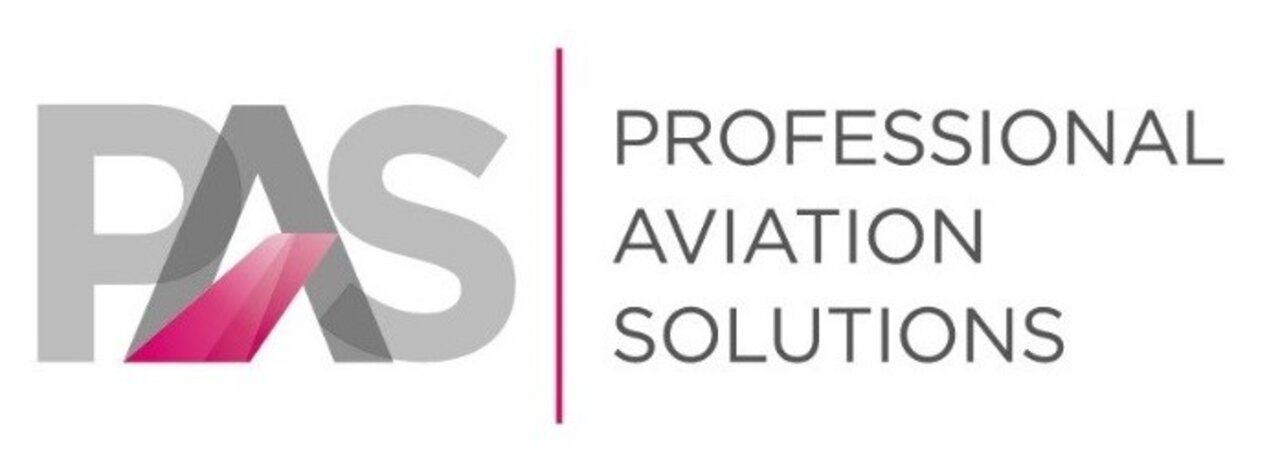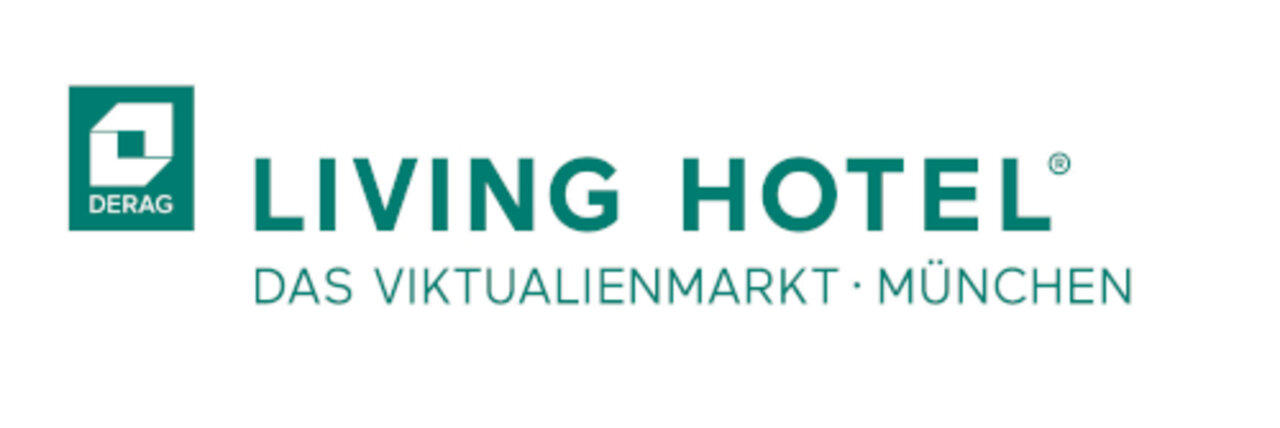The Neuhann Family - Your Eye Specialists in Munich (Bavaria): Dr Tobias Neuhann, Raphael Neuhann and Dr Tabitha Neuhann
Treatment focus
- Refractive Laser Surgery (SmartSurf TRANS-PRK, LASIK, Femto-LASIK)
- Lens implantation (ICL or CLE procedure)
- Cataracts and Glaucoma
- Corneal Transplantation (Keratoplasty)
- Keratectasia and Keratoconus
- Retinal Diseases (Macular Degeneration, Retinal Detachment)
- Photobiomodulation (BM) for dry macular degeneration (Valeda)
Contact
OPHTHALMOLOGY CENTRE Dr Neuhann
Ophthalmologists at the Opera
Marienplatz 18/19, D-80331 Munich
P: +49 89 8967 4042 F: +49 89 230 889 10
Consultation Hours:
Monday – Thursday
8 am – 7 pm
Friday
8 am – 2 pm

Medical Range
Range of Diagnostic Services
State-of-the-art diagnostics and early detection of defective vision and eye diseases
Range of Therapeutic Services
Eye Surgery for Defective Vision:
- Eye lasers using SmartSurf TRANS-PRK, Femto-LASIK, LASIK
- Implantation of intraocular contact lenses
- Treatment of presbyopia using multifocal lenses
Cataract and Glaucoma Treatment:
- Minimally invasive cataract surgery with or without femtosecond laser
- Minimally invasive glaucoma surgery: iStent, ExPress-Shunt, XEN
- Laser-assisted glaucoma treatments
Therapy for Corneal Diseases:
- Special corneal treatments for keratoconus (crosslinking, intracorneal ring segments)
- Femtosecond-laser-assisted corneal transplants
- Therapeutic corneal treatment (PTK)
- Minimally invasive lamellar transplants (DALK, DSAEK, DMEK)
Treatment of Retinal Diseases:
- Treatment of age-related macular degeneration (AMD)
- Suture-free vitrectomy, removal of epiretinal membranes
- Diabetic retinopathies
Treatment of Dry Eye with IRPL® = Intense Regulated Pulsed Light
Eyelid Surgery & Botox Treatment
Glasses
Contact Lenses
Squint Surgery
Paediatric Ophthalmology
More Information
Card
Dr Tobias H. Neuhann is a specialist in laser eye treatments and classic eye surgery. Together with his son Raphael Neuhann and his daughter Dr Tabitha Neuhann, he directs Ophthalmologikum Dr Neuhann, Augenärzte an der Oper at Residenzstr. 9 and the Eye Day Clinic directly at Marienplatz in Munich.
At the eye centre, which is equipped to provide operative treatments, surgery is offered to both the anterior and posterior segments of the eye.
Ophthalmology Practice and Eye Day Clinic Right in the Centre of Munich
All current and modern diagnostic options are available to the medical team of the ophthalmologists at the Opera practice in Munich. After initial diagnosis, comprehensive consultation concerning possible treatment options come in consideration in order for each patient to understand and join the decision process as to which therapeutic measures are suitable for him or her.
Eye operations are performed at the Marienplatz Eye Day Clinic by Tobias Neuhann and his son with the utmost care and in line with latest findings. In addition to state-of-the-art operating rooms with antibacterial air filtration, very latest laser models (SmartSurf/Femtolaser) are available to correct defective vision and cataracts, as well as numerous newly developed diagnostic options.
Through more than 30 years of experience of Dr Neuhann and his team combined with state-of-the-art treatment methods, individual and thoughtful care of patients is possible.
Specialists for Eye Lasers in Munich
As an alternative to visual aids such as glasses or contact lenses, refractive surgery offers permanent correction of vision defects.
The selection of a suitable eye laser procedure is individually tailored to the patient and decided jointly.
The entire newly developed TRANS-PRK method using Smartsurf™ technology is a completely non-contact laser treatment.
With LASIK and femto LASIK (laser-assisted in-situ keratomileusis), a thin lamella is separated with the femtosecond laser. In that way, defective vision is compensated with the newest generation excimer laser (1050 Hz).
Experts for Implantation of Intraocular Contact Lenses (EVO Visian ICL) with Many Years of Experience
In addition to the refractive laser surgery just described, it is also possible to implant an intraocular contact lens (EVO Visian ICL). Dr Neuhann is one of the world's leading experts for this procedure, as he was not only the first surgeon to treat patients with this implantable contact lens in the early 1990s. He also implanted the world’s first toric version of this EVO-Visian ICL in 1998. By applying this method, the lens is implanted in front of the body's natural lens without removing it. This enables the correction of a refractive error from -18 to +8 Dpt. If a patient is shortsighted beyond -18 Dpt., this defect can also be corrected with a similar but different additional lens.
Individual Cataract Treatment in Munich
In case eyesight is becoming worse and worse due to clouding of the lens – cataracts – and vision is restricted, the clouded lens can be removed by means of an outpatient procedure at the Marienplatz Eye Day Clinic in Munich, if the patient desires a better vision. An artificial custom-adapted lens is used for each patient as a replacement for the patient's own clouded lens. If requested and suitable, this new lens can replace both distance and reading glasses.
State of the Art Glaucoma Diagnostics and Therapy
In most cases of glaucoma condition, there is an increased intraocular pressure which can lead to pressure damage to the optic nerve. This malfunction is largely painless but a visual field failure. If left untreated, it gradually leads to blindness.
If the increased pressure cannot be reduced with medication, Dr Neuhann offers several surgical and laser-surgical methods. New results of these glaucoma operations were recently published by Drs Neuhann and Neuhann in March 2019 in a prestigious American-European journal (Journal of Cataract & Refractive Surgery).
One option for the surgical treatment of glaucoma, in addition to the XEN implant, is the iStent inject®, which is inserted into the eye using a minimally invasive technique, thus effectively reducing intraocular pressure. Alternatively, glaucoma can also be treated using laser surgery (ALT, CPC).
Keratoconus Detection and Treatment in the Best Possible Way
A deterioration in vision can also be the result of keratoconus. With this circumstance, the cornea of the eye bulges forward uncontrollably, which leads to short-sightedness and astigmatism. With new and current diagnostics, experts are able to detect this defect at an early stage already and are capable of treating this condition using the crosslinking method or with the aid of intracorneal ring segments. The aim is to stabilise the progression of corneal alteration. If this intervention is no longer possible or the disease is already too advanced, then a transplant of different layers of the cornea using the new femtosecond laser can help. This approach is called ‘Deep Anterior Lamellar Keratoplasty’, ‘DALK’ in short.
Early Detection and Treatment of Age-related Macular Degeneration (AMD)
Age-related macular degeneration occurs over the course of old age and is a disease of the retina. It concerns the location of sharpest vision, the so-called yellow spot (macula). Using new, current diagnostics, consisting of inspection of the ocular fundus or optical coherence tomography (OCT), macular degeneration can be detected at an early stage.
As the disease cannot yet be cured entirely, its progression should be delayed, and treatment aims to maintain the current vision while reducing complications. To achieve this, the specialists first recommend adjusting lifestyle and dietary habits. In the case of wet macular degeneration, injections, medication, and laser surgery are also used to prevent the disease from progressing. For the previously untreatable dry macular degeneration, the doctors use the innovative and ultra-modern photobiomodulation procedure, which comes from mitochondrial research and has already delivered excellent results.
Photobiomodulation as a therapy for dry age-related macular degeneration
The photobiomodulation procedure used for dry macular degeneration is explained in detail to the patients by Dr Neuhann's experienced doctors in Munich. This painless therapy utilizes the advantages of light of specific wavelengths. In this way, the retinal cells are stimulated, and tissue regeneration is achieved. The method also aims to reduce inflammatory reactions and prevent cell death. The procedure, which is still the subject of current research, has been shown to slow the progression of the disease and often improve the visual performance of patients with dry macular degeneration. The eye specialists at the Ophthalmologikum apply the new therapy professionally and gently.
Gentle Procedure for Retinal Detachment: Suture-free Vitrectomy by Means of Vitesse (Hypersonic Liquefaction)
Vitrectomy is the surgical removal of parts or the entire vitreous body. This procedure is performed by the specialists in a minimally invasive fashion using a tissue-preserving technique: the innovative "Pars Plana Vitrectomy". The removed vitreous tumour is replaced by a solution shaping the eye itself.
This new hypersonic vitrectomy has been available to the medical team at the Marienplatz Eye Day Clinic in Munich since 2019. Here, the vitreous humour is no longer cut and aspirated, but gently liquefied by the unique hypersonic technology.
Important Screening for Early Detection of Diabetic Retinopathy
Diabetes mellitus can cause the formation of deposits on vessels throughout the entire human body. If this condition leads to changes in the small retinal vessels in the eyes, it is referred to as diabetic retinopathy. The best therapy here is timely prevention. Dr Neuhann and his team offer a comprehensive modern preventive examination for diabetics and patients with risk factors for this disease.
Further information can be found at the website of the Dr Neuhann Ophthalmology Centre.
Curriculum Vitae
Dr Tobias H. Neuhann, FEBOS-CR
| 10/2017 | FEBOS-CR: Member of the European Board of Ophthalmology, Subspecialist in Cataract and Refractive Surgery |
| 10/2013 | Clinical Head of the Corneal Transplantation and Keratoconus Centre in Munich |
| 12/2006 | Clinical Head of the Medical Care Centre an der Oper – Dr T. Neuhann & Colleagues |
| 10/2003 | German Wavelight Ambassador of the Laser Surgery Reference Centre at the Eye Clinic am Marienplatz, Munich. |
| 05/1998 | Clinical Head of the Eye Clinic am Marienplatz, Munich |
| 01/1998 | New Ophthalmological Group Practice am Marienplatz, Munich |
| 1983 - 1997 | Joint Ophthalmological Practice in Munich with Various Partners |
| 1981 - 1983 | Eye Clinic at Ludwig-Maximilians University, Munich |
| 1981 | Eye Department of the Luftwaffe Institute of Aviation Medicine (FlugMedInst Luftwaffe), Budel, the Netherlands |
| 1980 | Eye Department of the Luftwaffe Institute of Aviation Medicine, Fürstenfeldbruck, Germany |
| 1978 - 1980 | Eye Clinic at Ludwig-Maximilians University, Munich |
| 1976 - 1978 | Institute of Forensic Medicine, Ludwig-Maximilians University, Munich |
Team
- Dr Tobias H. Neuhann
Specialist Physician in Ophthalmology, FEBOS-CR - Raphael Neuhann
Specialist Physician in Ophthalmology, FEBO - Dr. Tabitha Neuhann
Specialist Physician in Ophthalmology - Dr Sabine Hirschbach
Specialist Physician in Ophthalmology - Mr Mubassher Malik
Specialist Physician in Ophthalmology - Dr Sonja Dreyer
Specialist Physician in Ophthalmology - Dr Andrea Gäbler
Specialist Physician in Ophthalmology - Julia Strasser
Specialist Physician in Ophthalmology - Dr Andrea Schülken
Specialist Physician in Ophthalmology - Dr Christian Stenke
Specialist in Anesthesia - Dr Klaus Kratzer
Specialist in Anesthesia - Dr Kerstin Reiser
Assistant for Advanced Training - Dr Anna Maria Riedel
Assistant for Advanced Training
OPHTHALMOLOGY CENTRE Dr Neuhann
Ophthalmologists at the Opera
Residenzstraße 9, D-80333 Munich
T: +49 89 8967 4061
F: +49 89 23 24 1088
OPHTHALMOLOGY CENTRE Dr Neuhann
Ophthalmologists Dachau
Schleißheimerstraße 35
D-85221 Dachau
Transport Connections
| Munich Central Railway Station | 3 km |
| Munich Airport | 35 km |
Information about Munich
Bavaria's capital is the third largest city in Germany and is located far to the south in the foothills of the Bavarian Alps. The proximity to the Alps makes Munich a location for winter and hiking sports, but there are many lakes and royal castles in the surrounding area, providing the city with other attractive leisure destinations. Located to the left and right of the mountain river, the Isar, the city itself offers quite a few opportunities for recreation in the interior. In the center, the old town, founded in 1158, is marked by the former city gates.

